“I like to dramatize this moment,” Jim Flowers liked to say, “by saying that I’m now standing in the middle of Hell, with all these flames shooting up around me.” The moment he was describing was the moment a shell from a flat-trajectory 75-millimeter anti-tank gun penetrated his tank as he stood in the turret scouring the brush for the location of the gun that had bounced a shell off his tank only a moment before. Flowers would wind up leaving both of his legs on what he described as a “piece of bloody French real estate.” Nine of the 20 men in his platoon would be killed in what was a defining event for the 712th Tank Battalion. Only a week since they entered combat on July 3, 1944, it was the first time an entire platoon was wiped out. It would not be the last, but the 712th Tank Battalion would go on, in 11 months of almost daily combat, to acquire one of the best records for any independent tank battalion in the European Theater of World War 2. As Jim Flowers was often called on to tell his story at battalion reunions, it was also one of the first war stories Aaron Elson heard when he attended his first reunion of the battalion, with which his father served. Flowers and his gunner, Jim Rothschadl, lay in no man’s land for two nights before being rescued. One day Flowers suggested to Elson that he interview Rothschadl, who he said was an American Indian. It seemed odd, Elson thought, that a native American should be named Rothschadl, but he looked up Rothschadl’s address and it was right smack in the middle of the White Earth Reservation in Minnesota. So Elson went to Minnesota. Turns out Rothschadl’s father was a Czechoslovakian immigrant in Fargo, North Dakota who bought farmland that was swindled from the Native Americans with the help of an act of Congress, and the swindlers in turn financed Rothschadl’s father’s purchase at 15 percent. But I digress. Elson went on to interview several other surviving members of the platoon, as well as the brother of one member who was killed in the battle, and an infantryman who followed the tanks down the hill and was wounded, captured and had a leg amputated by a German doctor. Their stories are told in “They Were All Young Kids,” which is expanded from the Hill 122 chapter in “Tanks for the Memories,” Elson’s first book.
They Were All Young Kids
$17.95 Original price was: $17.95.$14.95Current price is: $14.95.
On the morning of July 10, 1944, a platoon of four Sherman tanks from C Company of the 712th Tank Battalion was sent to rescue a battalion of the 358th Infantry Regiment that was cut off and surrounded by German paratroopers on the summit of Hill 122 in Normandy. The tanks broke through the German lines, and a plan was made for the platoon to lead one company of the 358th down off the hill, with the other companies to follow. After reaching the base of the hill, the infantrymen dug in beside a road, while the tank platoon went over a hedgerow and kept on going. Most of the company of infantry was killed, wounded or captured, and the tanks were ambushed by concealed anti-tank guns, with three bursting into flames and the fourth immobilized. Nine crew members were killed, and several others were wounded or captured. Lieutenant Jim Flowers’ right foot was sheared off by the shell that penetrated his turret and his gunner, Jim Rothschadl, was badly burned. The two men lay in no man’s land for two nights, during which time Flowers’ left foot was torn off when the 90th Division artillery shelled the area to drive the Germans off. Despite all this, Flowers was awarded the Distinguished Service Cross because it was determined that his platoon’s actions played a significant role in turning the ride of the weeklong battle for the area known as the Foret de Mont Castre.
Availability: 5 in stock
You may also like…
-
712th Tank Battalion
Tanks for the Memories
Rated 0 out of 5$27.95Original price was: $27.95.$24.95Current price is: $24.95. Add to cart
Related products
-
712th Tank Battalion
A Mile in Their Shoes
Rated 0 out of 5$17.95Original price was: $17.95.$14.95Current price is: $14.95. Add to cart -
712th Tank Battalion
The Hospitality Room
Rated 0 out of 5$17.95Original price was: $17.95.$14.95Current price is: $14.95. Add to cart -
90th Infantry Division
Born on the Wrong Side of the Fence
Rated 0 out of 5$14.95Original price was: $14.95.$12.95Current price is: $12.95. Add to cart -
Bastogne
The D-Day Dozen
Rated 0 out of 5$27.95Original price was: $27.95.$24.95Current price is: $24.95. Add to cart

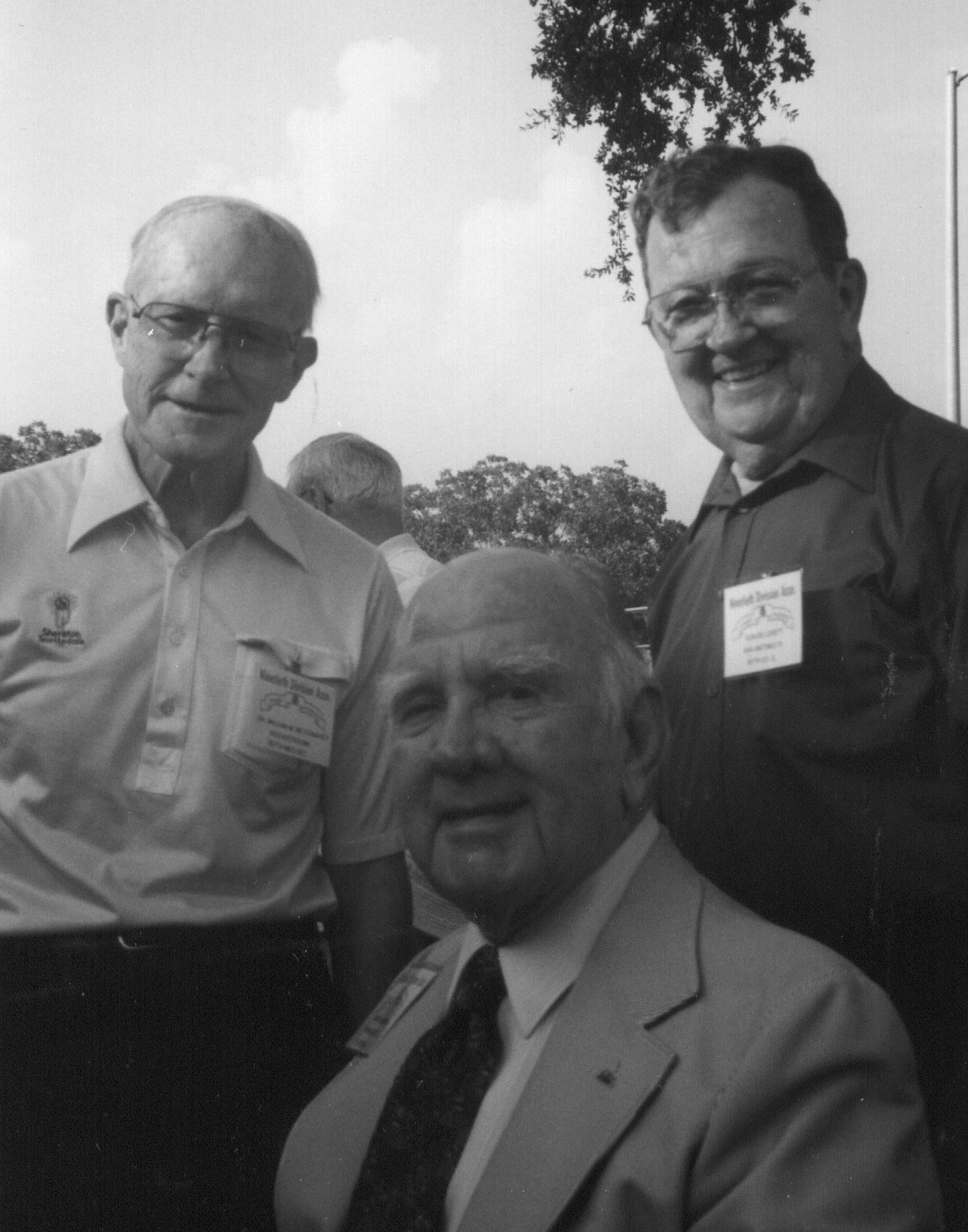
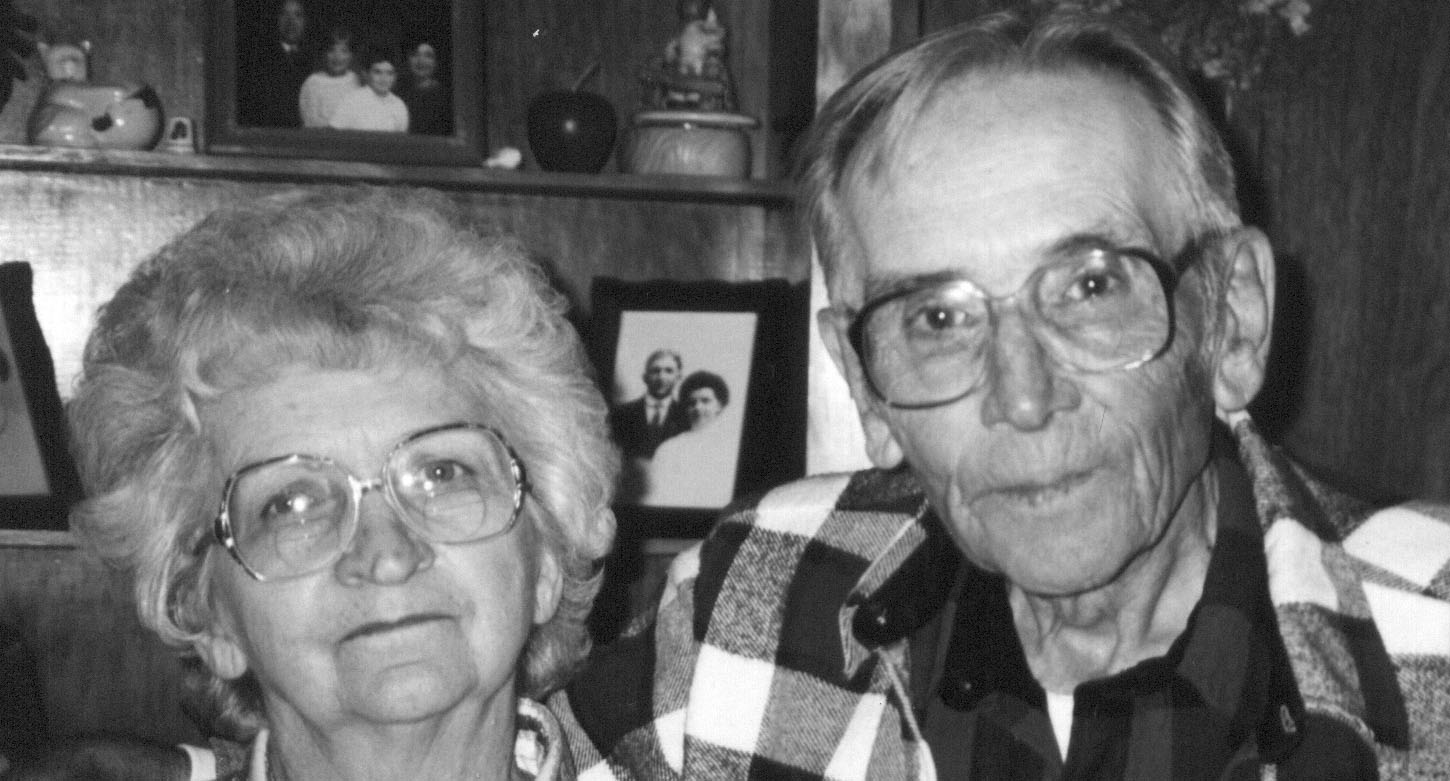
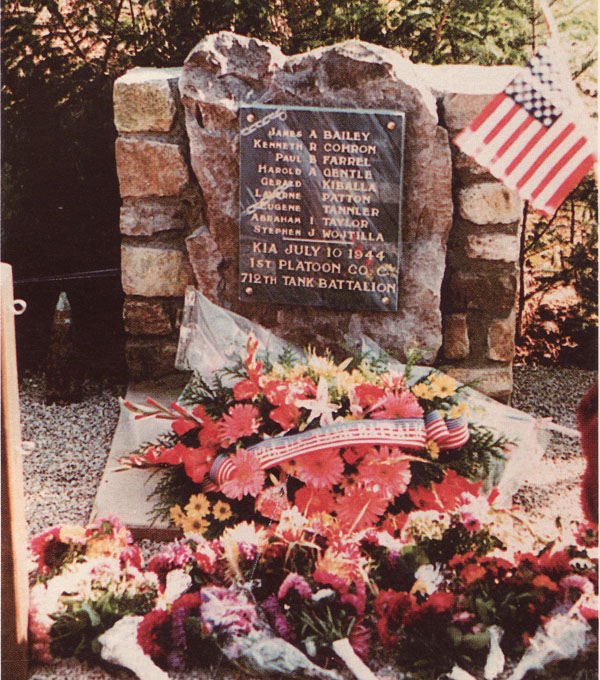
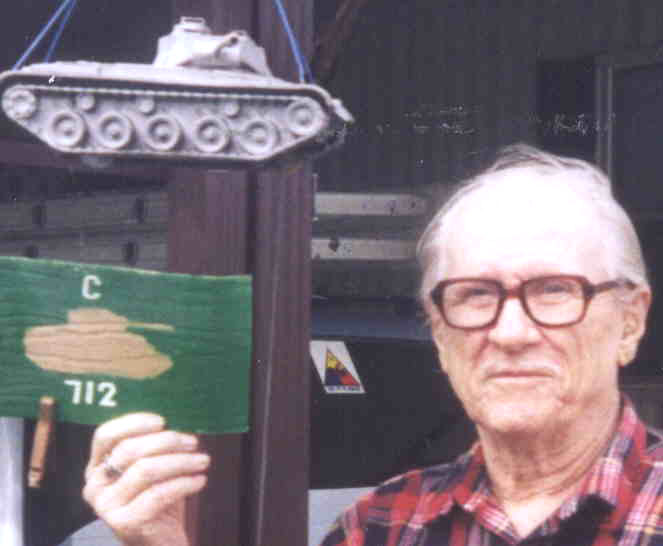

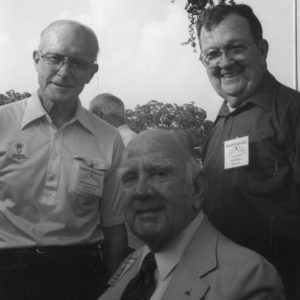
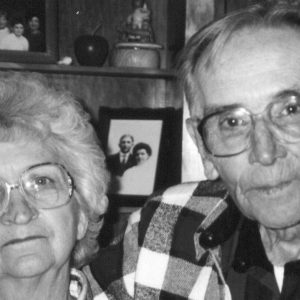
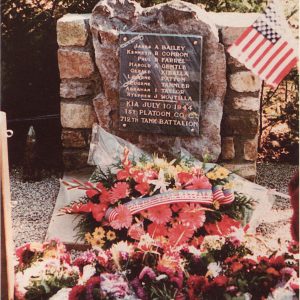
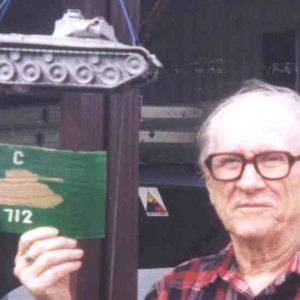

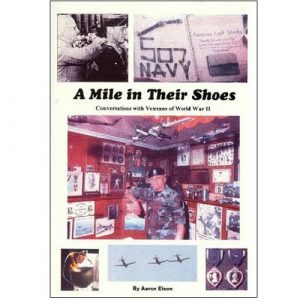

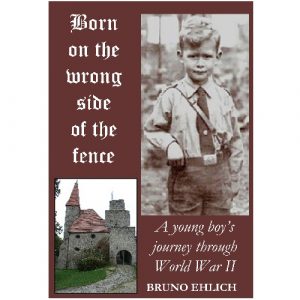

Reviews
There are no reviews yet.